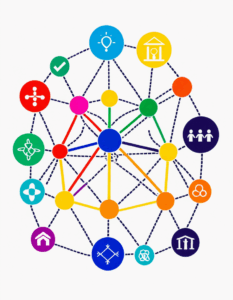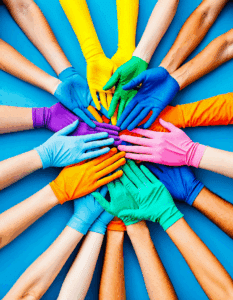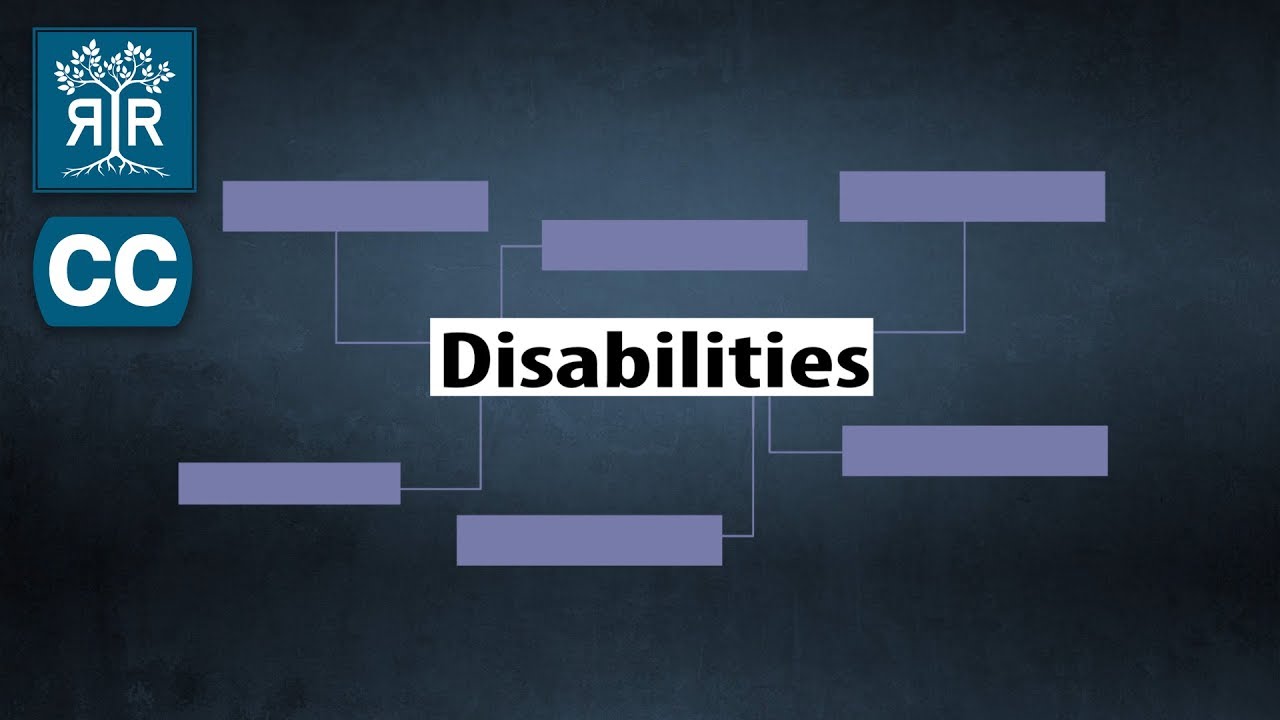
Understanding the Disability Definition in Today’s Society
The disability definition is more than just a label—it’s a lens through which we can understand various physical, mental, and emotional challenges people face every day. In today’s world, it’s vital to recognize how society perceives and responds to disabilities. According to the World Health Organization (WHO), disability serves as an umbrella term that encapsulates impairments, activity limitations, and participation restrictions. This highlights that disabilities affect many facets of a person’s life, shaping their experiences and interactions within their communities.
In recent years, the conversation around disability has shifted significantly. No longer are disabilities seen exclusively as limitations; they are increasingly viewed as part of the rich tapestry of human diversity. Embracing this perspective allows us to foster empathy and understanding for those living with disabilities. Acknowledging the disability definition opens the door to important discussions about resources, accessibility, and the emotional toll that comes with navigating a society that often doesn’t accommodate varying abilities.
Engaging with the disability definition also encourages us to think about the emotional and psychological challenges faced by individuals, as well as their families. It’s heartbreaking to witness parents grappling with their children’s struggles, and at Mothers Against Addiction, we’re here to help. Supporting parents dealing with addiction in their children, whether it’s a result of emotional distress linked to disability or other challenges, is crucial. We aim to empower families to keep striving for understanding and connection, rather than feeling isolated or giving way to despair.

Types of Disabilities: An Exploration of Categories
Understanding the various types of disabilities can provide clarity in defining their implications on individuals’ lives. Here are six major categories often recognized:
In striving to understand these categories, we can begin to appreciate the breadth of experiences and challenges individuals face. It’s all too easy to overlook the creativity and resilience that can emerge from these struggles. At Mothers Against Addiction, we cherish the stories of strength that come from adversity, urging families to connect in their journeys.
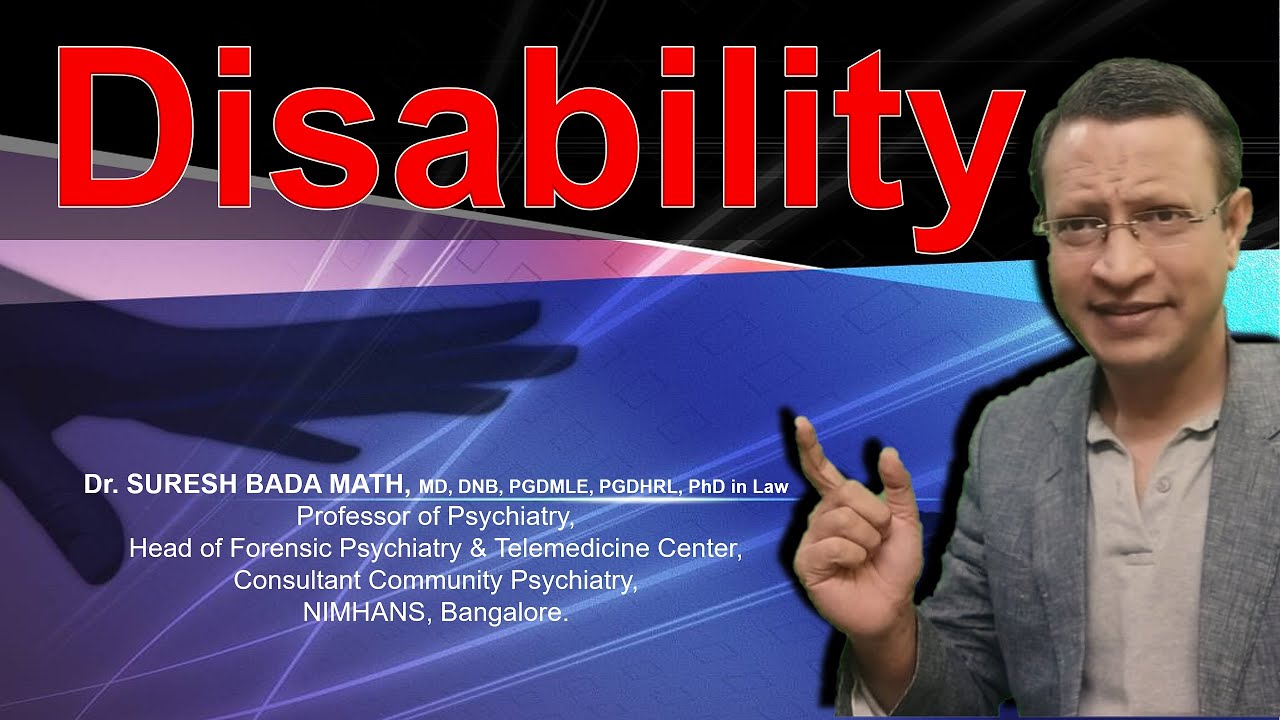
Distress Definition: Understanding Its Relation to Disability
Distress often intertwines with disability, particularly in a world where societal acceptance is still a work in progress. The distress definition indicates that emotional suffering can arise from many sources, including the challenges of living with a disability. Parents of children with disabilities frequently experience considerable distress—feeling isolated or burdened by their child’s unmet needs can significantly impact their mental and physical health.
As they strive to seek services and resources, many parents encounter barriers that amplify their distress. In navigating such challenges, emotional support communities become vital in alleviating feelings of loneliness. Mothers Against Addiction stands firm in offering support to those grappling with the loss of a child to addiction or watching their children struggle. Our community embodies compassion, encouraging parents to lean on one another through these trying experiences.
The combination of societal expectations and personal struggles can lead to profound distress that doesn’t just affect the individual with a disability but ripples outward to friends and family as well. By fostering open discussions around distress, we can change how our communities recognize and respond to these emotional experiences. Sharing stories can help in breaking down barriers that otherwise lead to isolation, inspiring parents to seek help and healing instead.

Stress Definition: The Overlap with Disability
When discussing the stress definition, we acknowledge it as the body’s reaction to a demand or challenge. For many individuals with disabilities, everyday tasks can become overwhelming, leading to heightened stress levels. Research by the National Institute of Mental Health indicates that those living with disabilities report higher stress levels, which can compromise their overall quality of life.
The love and worry parents feel for their children battling disabilities or addiction can be an overwhelming source of stress. The constant juggling of work, home life, and caregiving roles adds layers of challenges. It is essential for parents to not only acknowledge their own stress but take active steps toward managing it, including seeking out resources like those provided by Mothers Against Addiction.
When we look at the intersection of distress and stress, we see that they often feed into each other. Individuals with disabilities might face both societal discrimination and personal challenges that exacerbate stress levels. Families affected by addiction share similar burdens, and these interconnected issues can cloud opportunities for genuine connection and community. By specifically addressing these stress points, we can cultivate understanding and resilience among families.
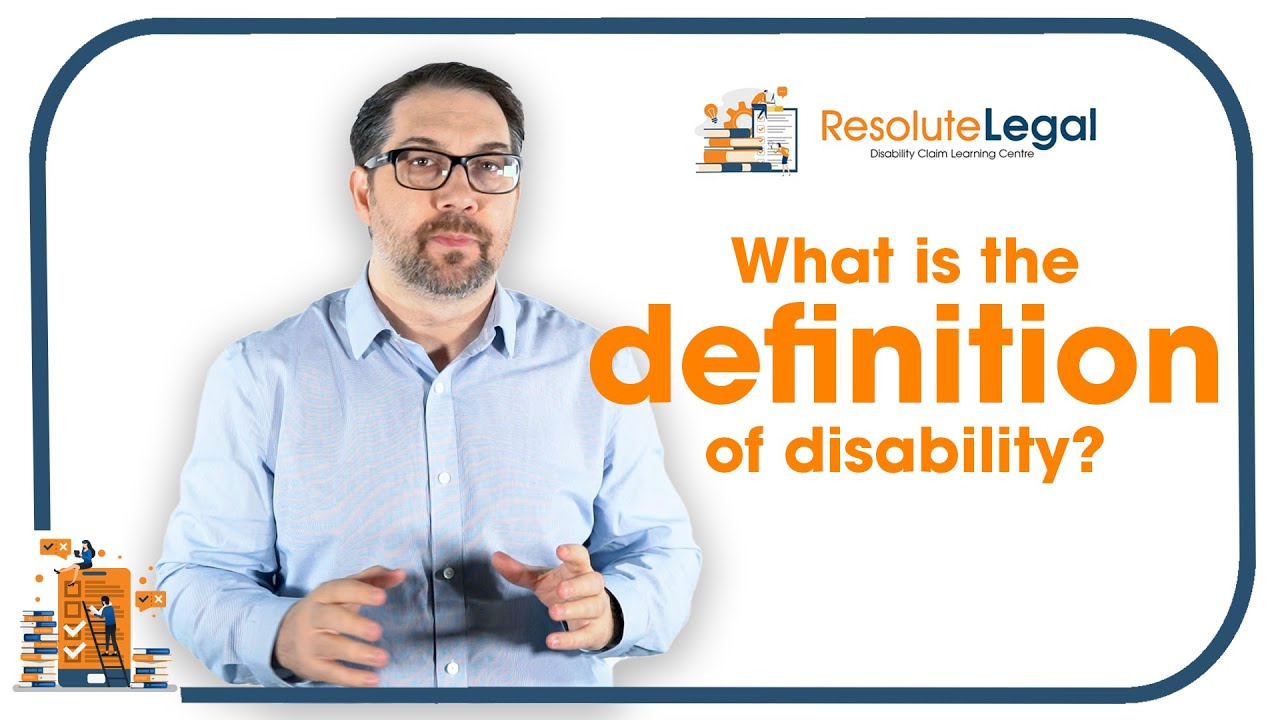
The Importance of Inclusive Language in Disability Definition
Language holds immense power, shaping perceptions and fostering understanding—or perpetuating stigma. The discussion around inclusive language is crucial. Terms like “differently abled” or “person-first language” aim to shift the narrative toward one that respects individuality. Organizations such as the National Down Syndrome Society emphasize the importance of these shifts, advocating for language that celebrates dignity and human experience.
Using the right language can also help foster acceptance and build bridges between communities. Acknowledging the disability definition and the emotional complexities surrounding it allows families to start conversations about identity. It’s about moving away from labels that diminish and focusing on terms that uplift.
Inclusive language can play a significant role in shaping policies that benefit individuals with disabilities. As we strive toward a society that values every voice, we must communicate in ways that embrace rather than alienate. Mothers Against Addiction persists in advocating for inclusive narratives that recognize the unique stories of families affected by addiction and disability.
Real-World Impacts: How Disability Definitions Shape Policy and Practice
The tangible effects of the disability definition resonate daily, influencing policy, resources, and public perception. The enactment of the Americans with Disabilities Act (ADA) serves as a prominent example. This pivotal law has worked to create accessibility in both the workplace and public spaces, allowing individuals with disabilities to contribute to society without unnecessary barriers.
However, compliance varies across sectors, revealing ongoing challenges for individuals with disabilities. Research shows that many businesses and organizations fall short in providing adequate accommodations. This gap highlights a pressing need for constant engagement and advocacy regarding disability rights and access. Organizations like Mothers Against Addiction aim to shed light on these issues, advocating for greater understanding and action in fostering a supportive environment for all families.
The consequences of these policies are profound. Families of children with disabilities—and those facing the impact of addiction—bear the weight of navigating systemic barriers every day. By engaging with the disability definition, we begin to understand the structural challenges these families confront. This understanding can aid in crafting more effective policies that truly serve the needs of individuals and communities.
Innovative Approaches to Supporting Individuals with Disabilities
In this ever-changing landscape, innovative solutions are emerging to support individuals with disabilities. Tech giants like Microsoft are spearheading inclusive initiatives, creating adaptive gaming systems designed for individuals with physical limitations. These advancements showcase how technology can empower individuals, providing opportunities for connection and engagement.
Community-led efforts also focus on promoting acceptance and understanding. Events like “Disability Pride Month” bring awareness to the diverse experiences individuals with disabilities face. These initiatives foster a sense of belonging, encouraging society to see the strengths and capabilities of those often marginalized.
Beyond technology, support groups and resources that acknowledge the experiences of families affected by addiction or disability play an essential role. Mothers Against Addiction is committed to being a voice for parents navigating these complex paths. Our community offers shared stories, lessons learned, and the kind of compassion that can only come from those who’ve walked similar journeys.
Embracing the Journey: Forward-Thinking Perspectives on Disability
Ultimately, moving beyond simple categorizations allows us to appreciate disability as a source of resilience and strength. Each person’s journey offers insights that can enrich our collective experience. In promoting dialogues around disability , we can dismantle stigmas that hinder connection.
This ongoing evolution in our understanding invites us to come together as a community. Whether it’s sharing stories or advocating for policy change, every action contributes to dismantling barriers. Families affected by addiction or disability are rich sources of inspiration, as they learn to navigate life’s challenges with grace, grit, and resilience.
At Mothers Against Addiction, we believe in fostering an environment where every family feels empowered to tell their story. By growing our understanding of the complexities surrounding disabilities, we can pave the way for a society that values every individual’s unique contributions.
As we move forward, let’s embrace not only the definitions but the human experiences behind them. Let’s work together to support, uplift, and inspire one another.
Disability Definition: A Clear Insight Into Its Meaning
Understanding Disability
At its core, the disability definition refers to a condition that limits an individual’s ability to perform everyday activities. This can encompass physical, mental, or sensory impairments. Did you know that approximately 1 in 4 adults in the U.S. has some form of disability? This staggering statistic sheds light on how prevalent disabilities are in our society today. In fact, awareness of the abuse definition has grown, showing a crucial link between disability and vulnerability, significantly impacting how we approach support systems.
Types of Disabilities
There are various types of disabilities, ranging from mobility issues to learning disabilities, and each type comes with its own challenges. For instance, individuals with learning disabilities often exhibit characteristics that set them apart in educational settings. Speaking of education, clarity around topics like teacher sex offenses has also seen a rise in conversation. This pushes us to think deeply about safety and support for all students, including those with disabilities. Shifting the focus to support, programs like AA can help address mental health challenges, recognizing that addiction often intersects with disability issues. Check out their resources here for more insight.
The Impact of Disability on Daily Life
Living with a disability can lead to feelings of fatigue, another important aspect to consider. The fatigue definition highlights how exhaustion can affect a person’s day-to-day living, further complicating their circumstances. Let’s not forget, famous figures like Ty Burrell have used their platforms to raise awareness about disability issues, drawing attention to the ongoing conversation about inclusion and accessibility. Additionally, the concept of SAM (strategic asset management) plays a role in how organizations can optimize support for those affected by disabilities.
Understanding the disability definition encourages us all to foster a more empathetic society. By shedding light on these trivia points, we underscore the critical need for awareness and support for individuals facing such challenges. Celebrating differences and advocating for more inclusive environments is not just beneficial—it’s necessary for a community to thrive. So, as we continue our journey of understanding, let’s commit to being allies for all, especially during trying times like today’s discussions about topics such as the impact of active shooter situations, which can profoundly affect communities.















